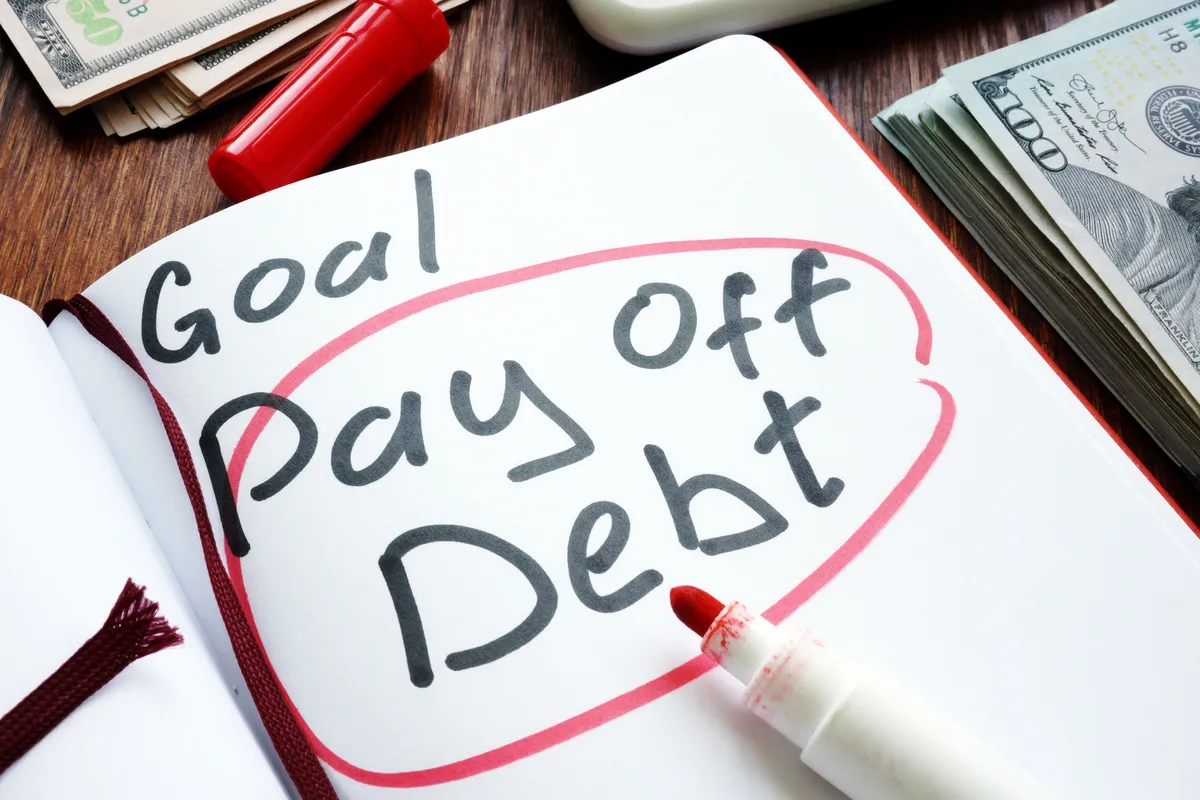Credit Management
Debt Consolidation, Management or Settlement: What’s the Difference?

If you're struggling with debt, you may be looking into options to reduce or eliminate all your debt. One option may be may a debt consolidation or a personal loan to pay off debt. These options may not be available to you if you have a lower credit score or are already delinquent on accounts. If you cannot qualify for a loan to pay off your debts, a debt management plan through a non-profit credit counseling organization may be your only other path. And if you're truly struggling and already in distress, debt settlement might be an option worth considering.
Debt Consolidation
Debt consolidation is taking out a new loan to pay off multiple existing debts. This can effectively reduce your overall monthly payments by consolidating multiple high-interest debts into a single lower-interest loan. Personal loans are also often used for debt consolidation, as they can provide a lump sum of money that can be used to pay off multiple debts at once.
However, you should be aware of some key differences between debt consolidation and personal loans before making a decision. Debt consolidation loans are typically secured loans, requiring collateral like a home or vehicle. Personal loans are usually unsecured, so they don’t require collateral. This makes personal loans a better option for those without assets.
In both instances, if you don't change your spending practices, you can find yourself back in debt, as consolidation or personal loans only restructure debt, they don't eliminate it. You are not forced to relinquish your credit card accounts, so if you pay off all your credit cards with the loan and then start to use them again, you can find yourself worse off.
Debt Management
On the other hand, debt management plans require you to relinquish your credit card accounts. First, you'll work with a credit counselor who will help you assess your financial situation and devise a plan to get you out of debt. This plan may involve negotiating with your creditors to lower your interest rates, monthly payments or even forgiving some of your debt. You'll make one monthly payment to the credit counseling organization, which will then distribute the money to your creditors. This can help you get out of debt faster, as you're making one payment instead of many, and can also lower your monthly payments. But the downside is your credit score will likely drop from the closure of the credit card accounts. At most, you may be able to retain one credit card, so you will have to be vigilant to not further damage your credit score with that one card.
Debt Settlement
Another debt relief option is debt settlement, which is when you or typically a for-profit intermediary negotiates with creditors to pay less than you actually owe. This can be a good option if you're struggling to make payments and have delinquencies, but it will damage your credit score and not all creditors will work with you. If you're not delinquent, many debt settlement companies encourage you to stop making payments to improve your position, but this leads to more score damage, as well as interest and fees.
While debt settlement will allow you to eliminate debt for a fraction of what you owe, it will seriously impair your ability to acquire credit in the future, and there are tax implications for debt forgiveness of $600 or more. Additionally, debt settlement companies charge fees, which is why some creditors don't like working with them, and it's also important for you in understanding how much you're really saving.
There are many debt relief options available, and the best one for you will depend on your individual circumstances. All of these options are better than declaring bankruptcy, which stays on your credit report for 10 years and may not not eliminate all debts. If you need relief, it's important to assess your financial situation, make a budget and seek the path that best works for your future financial goals.